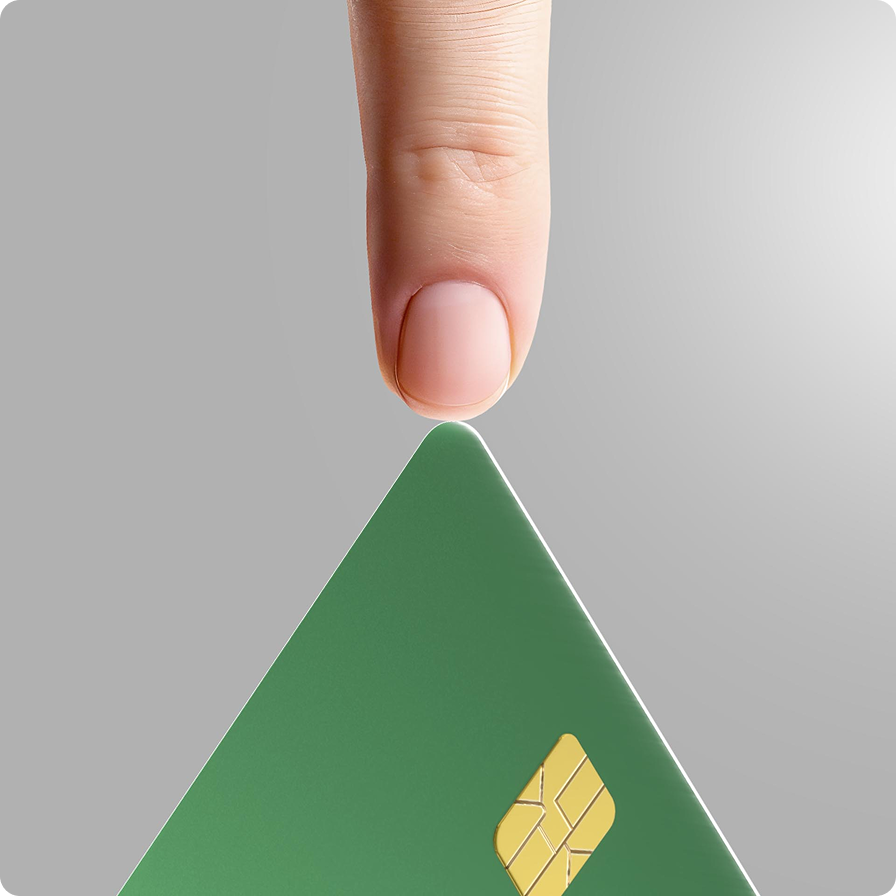Thinking about closing a credit card? It might seem like a simple decision, but it could have a bigger impact on your credit score than you realise.
Whether it’s a card you rarely use or one with high fees, it’s worth understanding how closing it could affect your finances before making the call.
Let’s break it down.
Closing a credit card: The pros and cons
The positives
- Reduces temptation. If a credit card makes it easy to overspend, closing it could help you stick to your budget.
- Simplifies your finances. Fewer cards mean fewer payments to track, making money management easier.
The negatives
- Credit utilisation could go up. This is the percentage of available credit you’re using. If you close a card, your total credit limit shrinks, which can make your utilisation ratio look higher.
Example:- You have two cards with a combined credit limit of £5000 and a balance of £1000. Your utilisation ratio is 20%.
- If you close one card with a £2000 limit, your total credit drops to £3000, pushing your utilisation up to 33%.
- Tip: If you’re closing a card, try to pay down balances on other cards to keep your utilisation low.
- Your credit history could shorten. Credit age matters, and closing a long-standing card might slightly lower your score.
When should you consider closing a credit card?
There are times when closing a card makes sense:
- It has high fees. If you’re not getting enough value from a card to justify the cost, it might not be worth keeping.
- You never use it. If a card is just sitting there gathering dust, closing it could be an easy way to simplify your finances.
- It carries bad memories. If a card is tied to past financial struggles, closing it can help with a fresh start.
When is it better to keep a card open?
In some cases, holding on to a card is the smarter move:
- It has a low balance. Keeping a card with little to no balance open can help maintain a healthy utilisation ratio.
- It’s your oldest card. Your credit history length affects your score, so closing your oldest card could do more harm than good.
- It’s a store card. Even if you don’t use it often, store cards can add to your credit mix and help diversify your credit profile.
Tips for managing credit cards
Whether you decide to close a card or keep it open, these tips can help you stay in control:
- Pay on time. Late payments can hurt your score, so always make at least the minimum payment by the due date.
- Keep your utilisation low. Using less than 30% of your total credit limit is ideal. The lower, the better.
- Don’t close too many cards at once. This could impact your score more than expected.
- Check your credit report regularly. Make sure everything’s accurate and dispute any errors you spot.
So, should you close your card?
Closing a credit card can affect your credit score, but it’s not always a bad move. It all comes down to how it impacts your credit utilisation and credit history.
If you’re thinking about closing a card, weigh up the pros and cons first. In many cases, how you manage your credit – paying on time and keeping balances low – has a bigger impact on your score than whether you keep or close a card.
